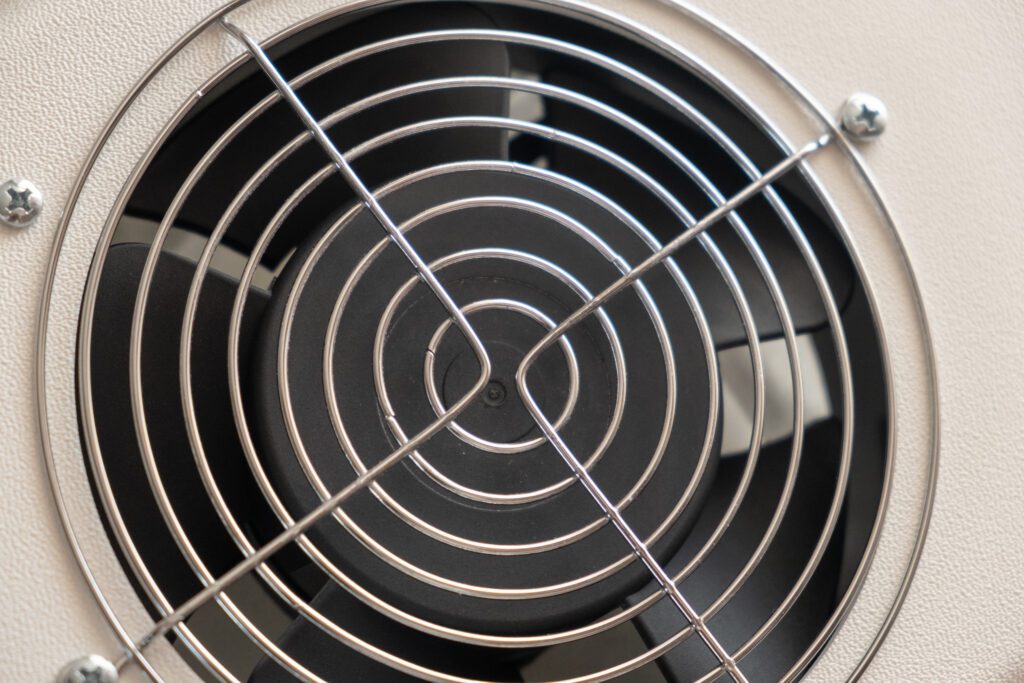Maintaining proper ventilation is crucial for ensuring a comfortable and healthy living space. For residents of Martinsburg, West Virginia, understanding the components and maintenance required for ventilation systems can significantly improve air quality and comfort levels inside the home. In this article, we will explore the importance of ventilation maintenance, basic components, routine maintenance tasks, troubleshooting tips, and when to seek professional help.
Understanding the Importance of Ventilation Maintenance
Effective ventilation is essential for enhancing indoor air quality and regulating humidity levels. Regular maintenance of ventilation systems ensures that the air in your home is fresh, leading to improved comfort and the prevention of various health issues.
The Role of Ventilation in Home Comfort
Ventilation systems play a vital role in maintaining the overall comfort of a home. They help circulate air, regulate temperature, and remove unpleasant odors. By ensuring a continuous flow of fresh air, these systems contribute significantly to a pleasant living environment.
In colder months, effective ventilation prevents the buildup of moisture that can lead to mold growth. In summer, it helps in cooling down the home more efficiently. This balancing of indoor climates can create a cozy space regardless of the season. Furthermore, a well-maintained ventilation system can enhance energy efficiency, reducing the need for excessive heating or cooling. This not only contributes to lower energy bills but also minimizes the environmental impact of your household.
Health Implications of Poor Ventilation
Neglected ventilation can result in various health concerns. Poor air quality often leads to respiratory issues, allergies, and other illnesses caused by airborne contaminants. When indoor spaces lack proper airflow, pollutants like dust, mold spores, and volatile organic compounds can accumulate, negatively impacting the health of residents.
In addition, excessive humidity can promote mold growth, which poses serious risks to both health and property. Understanding the importance of maintaining your ventilation system is crucial for your well-being and that of your loved ones. Moreover, the presence of stale air can exacerbate existing health conditions, such as asthma or chronic obstructive pulmonary disease (COPD), making it imperative to prioritize ventilation maintenance. Regular inspections and cleanings can help identify potential issues before they escalate, ensuring a healthier living environment for everyone in the home.
Basic Ventilation System Components
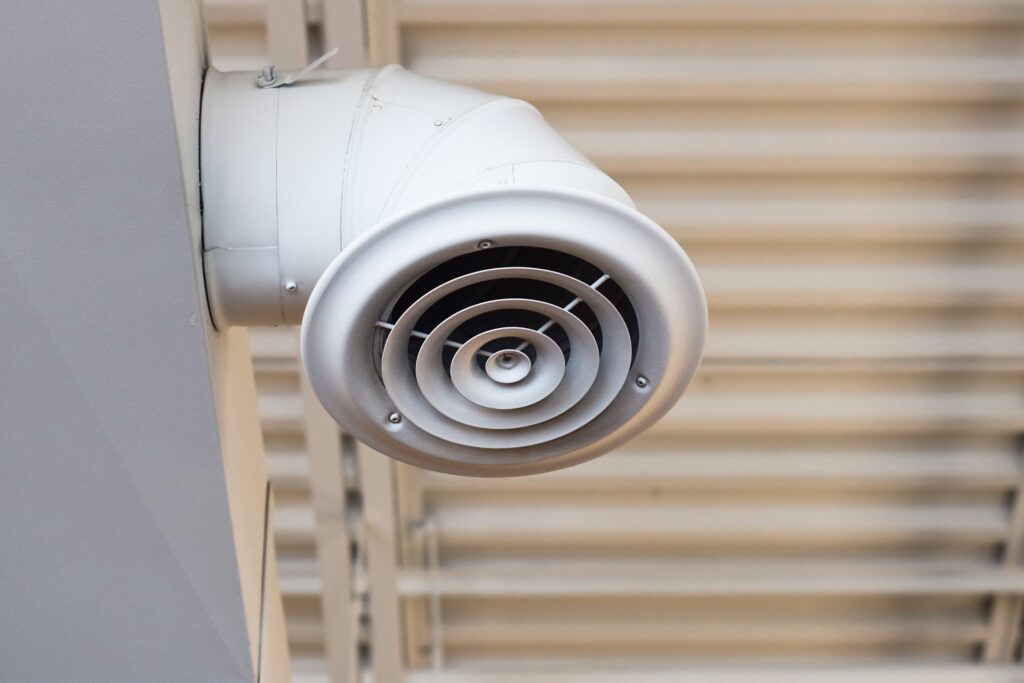
To maintain effective ventilation, it’s essential to familiarize yourself with the components of your ventilation system. Each part plays a significant role in ensuring that air circulates optimally throughout your home.
Identifying Key Parts of Your Ventilation System
Your ventilation system comprises several key components, including ducts, vents, fans, and filters. Ducts are responsible for transporting air from one part of the home to another, while vents allow the airflow to enter and exit rooms.
Fans help maintain airflow and can either exhaust stale air from the indoors or draw fresh air from outside. Filters are crucial for trapping dust and allergens, ensuring that the air circulating within your home remains clean and safe.
In addition to these primary components, you may also encounter dampers, which are devices that control the flow of air within the ducts. They can be manually or automatically adjusted to optimize airflow based on your home’s specific needs. Another important element is the air handling unit (AHU), which conditions and circulates the air, playing a vital role in maintaining indoor air quality and comfort.
How Each Component Contributes to Overall Ventilation
Understanding how each of these components works together is important for effective maintenance. Ductwork channels the air, while properly positioned vents ensure that every room receives adequate airflow. Clean filters prevent contaminants from circulating, while fans regulate the movement and temperature of air.
Regular maintenance of each part will enhance the overall efficiency of your ventilation system, leading to improved performance and reduced energy costs. For instance, neglecting to clean or replace filters can lead to increased strain on the fans, resulting in higher energy consumption and potential breakdowns. Moreover, ensuring that ducts are free from obstructions and leaks is crucial, as even minor issues can significantly impact airflow and air quality throughout your home.
Additionally, understanding the seasonal variations in your ventilation needs can help you adjust your system accordingly. For example, during the warmer months, you may want to increase the intake of fresh air to help cool your home naturally, while in the colder months, you might focus on retaining heat. This dynamic approach not only enhances comfort but also contributes to energy savings and a healthier living environment.
Routine Ventilation Maintenance Tasks
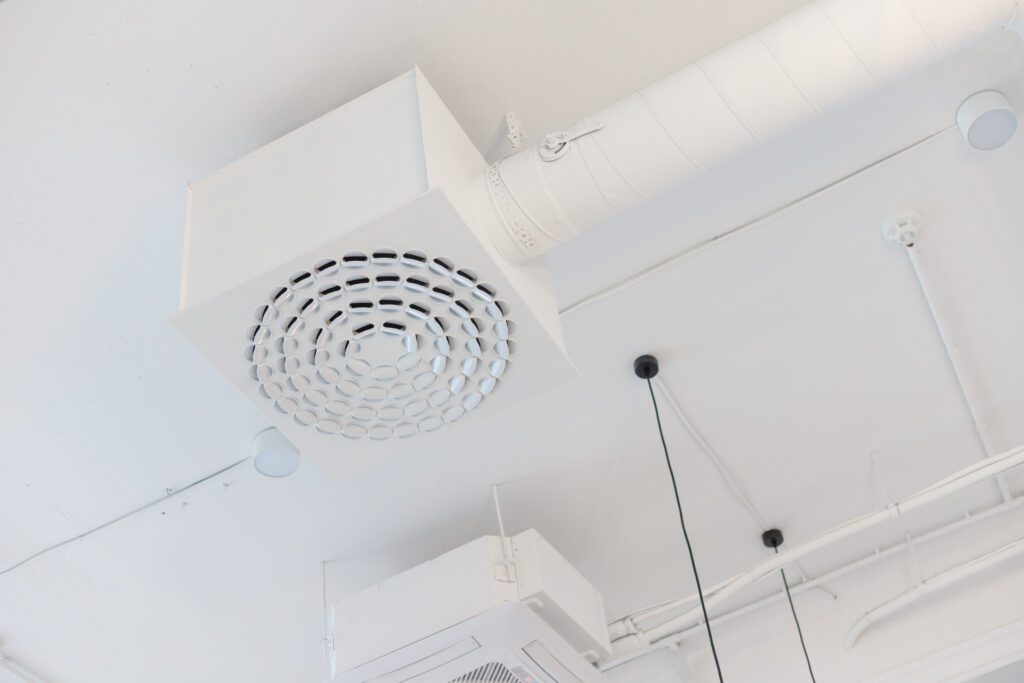
To keep your ventilation system operating at peak efficiency, regular maintenance is key. Routine tasks include cleaning and replacing air filters and checking and sealing ductwork. By incorporating these practices into your home maintenance schedule, you can not only enhance the performance of your system but also prolong its lifespan, ensuring a comfortable living environment year-round.
Cleaning and Replacing Air Filters
One of the most straightforward yet impactful maintenance tasks is ensuring that air filters are clean. Depending on usage, filters should be checked monthly and replaced every three months or as needed. Clogged filters restrict airflow, forcing the system to work harder and increasing energy bills. Moreover, dirty filters can lead to the circulation of dust, allergens, and other pollutants, which can negatively affect indoor air quality and potentially trigger respiratory issues.
To clean the filters, follow the manufacturer’s instructions. Some filters may be washable, while others require replacement. A simple maintenance routine can lead to significant improvements in air quality and energy efficiency. Additionally, consider using high-efficiency particulate air (HEPA) filters, which can capture smaller particles and provide an extra layer of protection for your home’s air quality. Regularly updating your filters not only enhances airflow but also contributes to a healthier living space for you and your family.
Checking and Sealing Ductwork
Ducts often develop leaks, which can severely impact the efficiency of your ventilation system. Inspecting ducts for visible wear or damage and sealing any leaks can ensure that air travels smoothly throughout your home. Leaky ducts can result in a significant loss of conditioned air, leading to uneven temperatures and increased energy consumption as your HVAC system struggles to maintain the desired climate.
You can use duct tape or mastic sealant to seal minor leaks. Regular checks can prevent larger issues down the line, saving you time and money on more extensive repairs. Furthermore, consider having a professional perform a duct inspection and cleaning every few years. This not only helps to identify hidden leaks but also removes accumulated dust and debris that can hinder airflow. A well-maintained duct system not only improves energy efficiency but also enhances the overall comfort of your home, making it a worthwhile investment in your property’s upkeep.
Troubleshooting Common Ventilation Issues
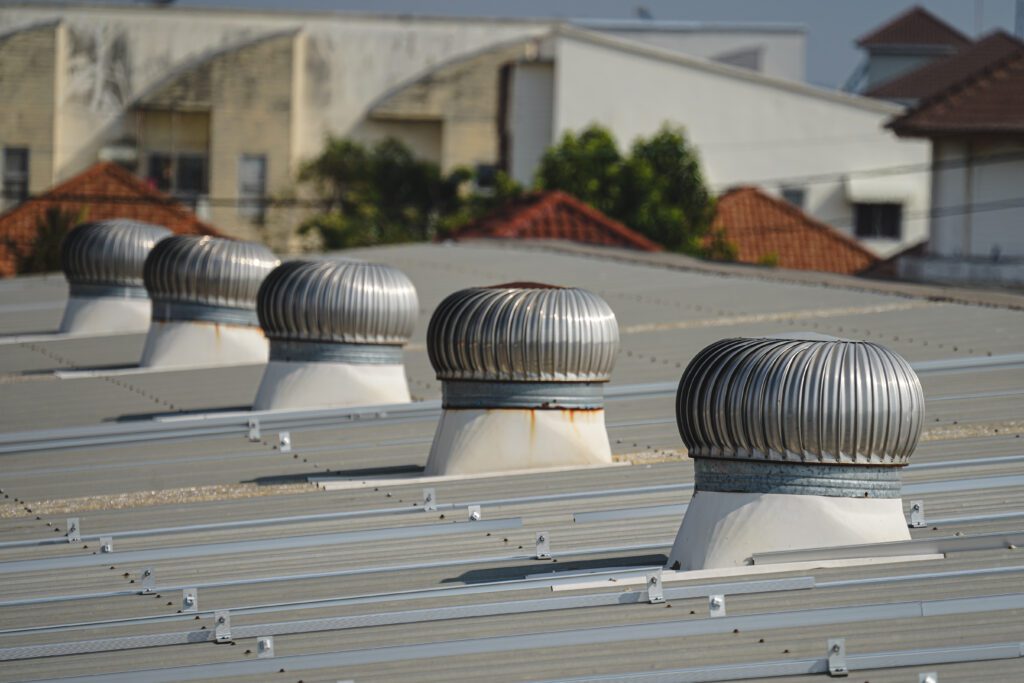
Even with regular maintenance, issues can arise. Knowing how to troubleshoot common problems is essential for maintaining a functional ventilation system.
Recognizing Signs of Ventilation Problems
Some indicators of ventilation problems include inconsistent temperatures in different rooms, excessive dust accumulation, and musty odors. Pay attention to these signs, as they can help you identify when your system may require more in-depth inspection or repair.
Additionally, if you notice an unusual increase in energy bills, this could indicate that your ventilation system is working harder than necessary, potentially due to clogs or leaks. It’s also important to consider the sounds your system makes; unusual noises such as rattling or hissing can signal mechanical issues that need to be addressed before they escalate into more significant problems.
Simple Fixes for Common Ventilation Issues
Many ventilation issues can be resolved with simple fixes. For instance, if your system is not providing enough airflow, check and replace dirty filters and clean any obstructions around air vents.
If you suspect that ductwork leaks are causing efficiency problems, inspect accessible ducts for cracks or holes and seal them appropriately. Addressing these issues promptly can help prolong the lifespan of your ventilation system and maintain your home’s comfort levels. Furthermore, consider scheduling regular professional inspections to ensure that your system operates efficiently and to catch any potential issues early on. Regular tune-ups can help identify problems that might not be immediately visible, such as hidden mold growth or insulation deficiencies that could compromise air quality.
Another common issue that homeowners might face is the imbalance of airflow between different areas of the home. This can often be remedied by adjusting dampers in the ductwork or adding additional vents in rooms that are not receiving adequate airflow. In some cases, installing a whole-house fan or an energy recovery ventilator can enhance air circulation and improve indoor air quality, making your living environment not only more comfortable but also healthier.
When to Call a Professional for Ventilation Maintenance
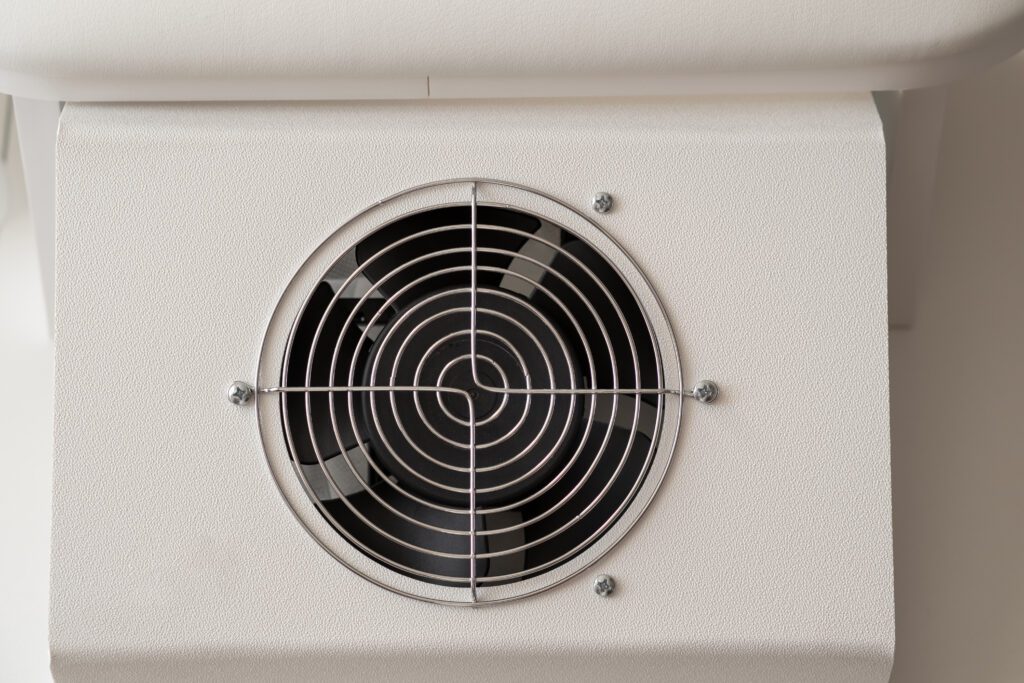
While many maintenance tasks can be handled by homeowners, there are times when professional assistance is warranted. Knowing when to seek help can save you from potential hazards and costly repairs.
Situations Requiring Professional Assistance
Complex issues such as extensive ductwork damage or severe airflow problems should be addressed by a licensed HVAC technician. Additionally, signs of mold growth within ducts or persistent bad odors may indicate deeper issues that require specialized knowledge and equipment. Ignoring these signs can lead to health risks, as mold spores can circulate through your home, affecting indoor air quality and potentially triggering allergies or respiratory issues.
Regular professional inspections can identify problems that may not be obvious during routine checks, ensuring your ventilation system operates efficiently and safely. Technicians can perform detailed assessments, including checking for leaks, blockages, and the overall integrity of the system. They can also recommend upgrades or improvements that enhance energy efficiency, which can save you money on utility bills in the long run.
Choosing a Reliable Ventilation Service Provider in Martinsburg, WV
When selecting a ventilation service provider, it is crucial to choose one with a solid reputation. Look for companies that offer comprehensive services, including inspection, repair, and maintenance of ventilation systems. A trustworthy provider will not only address immediate concerns but also provide guidance on preventive measures to avoid future issues.
- Check online reviews and testimonials from previous clients.
- Verify the company’s credentials and ensure they are licensed and insured.
- Ask for estimates and compare prices to find a service that fits your budget.
- Inquire about their experience with ventilation systems specific to your home type.
By following these guidelines, you can ensure that your home remains comfortable and free from ventilation-related issues. Regular maintenance and timely professional help will ultimately lead to a healthier living environment for you and your family. Furthermore, establishing a long-term relationship with a reliable service provider can offer peace of mind, knowing that your ventilation system is in capable hands and that you have a go-to expert for any future concerns. This proactive approach can significantly enhance the longevity of your ventilation system and improve your home’s overall energy efficiency.

